Fall Semester Course Offerings
(Registration form is at the bottom of the page)
Please review our course offerings for the fall semester. Each course will meet five times, and classes will each be an hour and fifteen minutes. When you are ready to register, scroll to the bottom of the page and fill out the registration form. If you have any questions about the courses, please email Irina Rakhlis at irakhlis@tikvahfund.org.
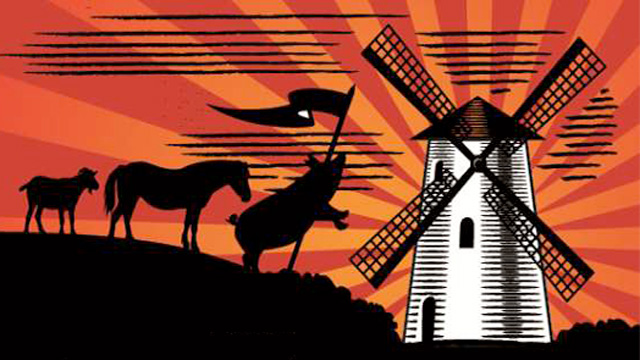
George Orwell’s Animal Farm
Dovid Schwartz
2 Date/Time Options Offered:
10:00–11:15 AM ET | Sundays | Oct. 22, Oct. 29, Nov. 5, Nov. 12, Nov. 19
or 7:30–8:45 PM ET | Wednesdays | Oct. 25, Nov. 1, Nov. 8, Nov. 15, Nov. 29
In this course, we will read Animal Farm by George Orwell. Animal Farm is a simple story about farm animals who rebel against their farmer in a failed attempt to create a better society. It is also a profound criticism of Joseph Stalin and 20th century Russia. We will spend five sessions carefully reading the book and discussing what motivated the animals, where they went wrong, and what the farmer could have done better. Animal Farm is a rare book. You can first read in middle school and spend the rest of your life thinking about it.
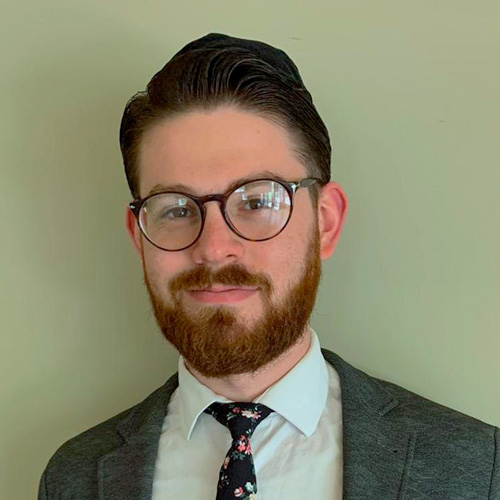
Dovid Schwartz
Dovid Schwartz teaches a Great Books course at Heichal Hatorah Yeshiva High School in New Jersey. He graduated from Yeshiva University having majored in Philosophy and minored in Jewish Studies. Before college, Dovid learned at Yeshivat Kerem b’Yavneh and Yeshivat Har Etzion. He has been the recipient of several fellowships from organizations including the Henry Salvatori Center, Hertog Foundation, and Tikvah Fund. Dovid currently lives in Teaneck, New Jersey, with his wife and daughter and he plans on pursuing a career in law.
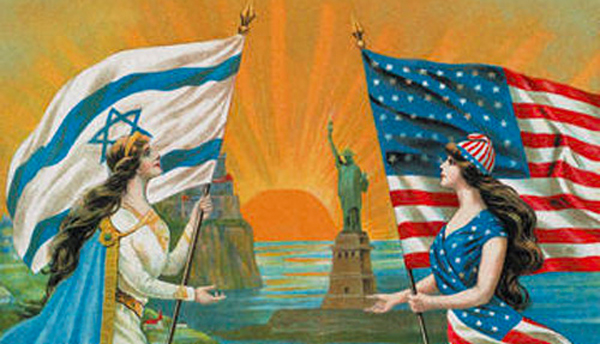
A Journey Through Jewish American Storytelling
Chaya Sara Oppenheim
2 Date/Time Options Offered:
10:00–11:15 AM ET | Sundays | Oct. 22, Oct. 29, Nov. 5, Nov. 12, Nov. 19 Course Filled
or 7:00–8:15 PM ET | Wednesdays | Oct. 25, Nov. 1, Nov. 8, Nov. 15, Nov. 29
Jews have been writing about life in America—or the goldene medinah—even before disembarking at Ellis Island. But what makes a story Jewish? American? Jewish American? What are the markers of these works of fiction that reflect the realities of Jewish American life, and why do they matter? This course will trace the historical trajectory of the Jewish experience in the United States through their storytelling. We will examine the literature produced by each generation of American Jews, ranging from immigrants on the Lower East Side to prominent post-1945 authors. This course will engage with the core issues facing thoughtful American Jews today through the lens of literature, allowing us to reckon with questions regarding identity and tradition as we look towards the future.
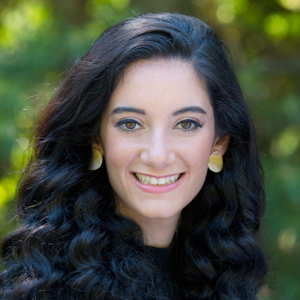
Chaya Sara Oppenheim
Chaya Sara Oppenheim is pursuing a PhD in Comparative Literature and Jewish Studies at the University of Pennsylvania. She holds a BA summa cum laude from Barnard College of Columbia University, where she studied English and history. At Barnard, she was the chief article editor of the literary journal Meliora and was the recipient of the William Haller Prize for the study of English literature, the Howard M. Teichmann Writing Prize, and the German Achievement Award. Chaya Sara has experience teaching English and Language Arts to 7th and 8th graders, creative writing at Writopia Lab, and multiple courses for Tikvah Online Academy. She currently serves as an editor for The Lehrhaus and The Shekel, and her writing has appeared in Tablet, HaMizrachi, Mishpacha, and Tradition, among other outlets.
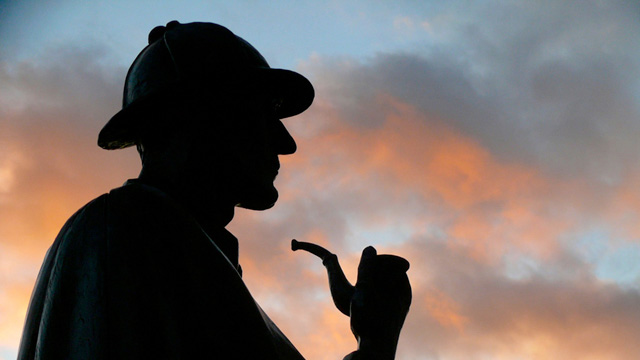
Jewish Detective Stories
Joshua Leavitt
2 Date/Time Options Offered:
6:00–7:15 PM ET | Sundays | Oct. 22, Oct. 29, Nov. 5, Nov. 12, Nov. 19
or 6:30–7:45 PM ET | Thursdays | Oct. 26, Nov. 2, Nov. 9, Nov. 16, Nov. 30
We can trace the modern mystery story all the way back to the Book of Genesis. This seminar will introduce readers to some of the key characteristics of detective fiction through narratives that feature Jewish detectives. Not only will we ask intriguing and illuminating questions such as “How is the Jewish mystery different from all other mysteries?,” but we will also examine thematic conflicts about Judaism and Jewishness that are teased out through stories of crime and investigation.
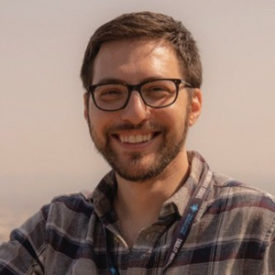
Joshua Leavitt
Joshua Leavitt cultivated a passion for literary study and philosophical conversation at the Bronx High School of Science and The University of Chicago, then received a PhD in American literature at Ohio State. He has created meaningful learning experiences for middle school, high school, college, and continuing education students on subjects ranging from the history of detective fiction to Jewish American historical fiction and beyond. Presently, he helps create intellectual and regional engagement opportunities at UChicago Alumni in Chicago, IL.

Introduction to Philosophy: Plato’s Apology
Aaron Tugendhaft
2 Date/Time Options Offered:
5:30–6:45 PM ET | Sundays | Oct. 22, Oct. 29, Nov. 5, Nov. 12, Nov. 19
or 6:30–7:45 PM ET | Tuesdays | Oct. 24, Oct. 31, Nov. 7, Nov. 14, Nov. 21
An unexamined life is not worth living for a human being. With these defiant words spoken at his trial, Socrates summed up how he thought it best to live one’s life and why he would rather die than give up philosophizing. But what exactly is an examined life? And are there really no other ways of life that we would consider worthy? In this five-session course, students will be introduced to the activity of philosophy and why the citizens of Athens decided to kill Socrates for engaging in it. Through close reading and thoughtful discussion, we will probe a range of questions about wisdom, politics, and human happiness in order to consider for ourselves whether Socrates was right about how to live a properly human life or whether we, too, would have voted to put him to death.
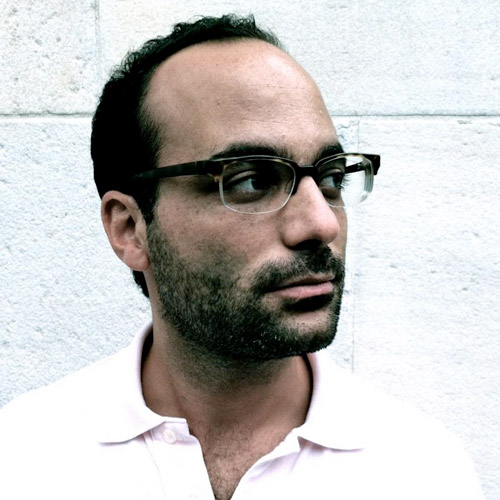
Aaron Tugendhaft
Aaron Tugendhaft studied history and philosophy at the University of Chicago, the Hebrew University of Jerusalem, and the Sorbonne. Since receiving his doctorate in ancient Near Eastern Studies from New York University in 2012, he has taught broadly within the humanities on four continents and has become a staunch advocate of traditional liberal education as a corrective to premature professionalization, academic hyperspecialization, and political polarization. His most recent book, The Idols of ISIS: From Assyria to the Internet (University of Chicago Press, 2020), is a philosophical meditation on an Islamic State video of iconoclasm that explores the political power of images and the significance of their destruction. In fall 2021, he joined the history department and became a director of interdisciplinary programs at the Ramaz School in New York City.
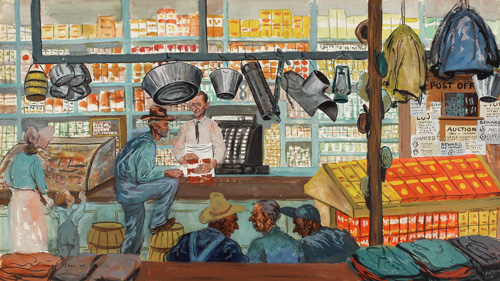
Moral Meaning of Money
Daniel Gutkind
10:00–11:15 AM ET | Sundays | Oct. 22, Oct. 29, Nov. 5, Nov. 12, Nov. 19
What is the role of money and wealth in our lives? In this course, we will think about the moral meaning of money with the help of sources both ancient and modern, from the Bible and Talmud to Adam Smith and Milton Friedman. The ancient Greeks and Jews were wary of wealth and its potential for moral corruption, whereas modern capitalist thinkers often tie prosperity positively to virtue and progress. How can we account for this apparent disagreement? How do we assess capitalism’s miraculous advances and its attendant potential vices? These questions do not have easy or simple answers, but through our readings and discussions we will come to understand different conceptions of wealth and the role it plays in private lives and public order.
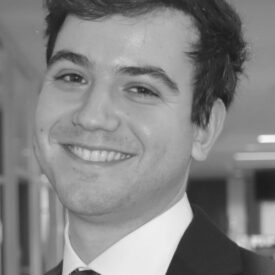
Daniel Gutkind
Daniel Gutkind graduated with honors from the University of Chicago, where he studied Economics and Fundamentals: Issues and Texts. He received the Jamie Redfield Award for Excellence in Fundamentals, awarded to the student who has earned the highest honors scholastically in the Fundamentals program. Daniel has taught and co-taught courses for the Tikvah Online Academy on Zionist intellectual history, money and morality, and the American economy. He has also led Tikvah reading groups at the University of Chicago and Oxford.
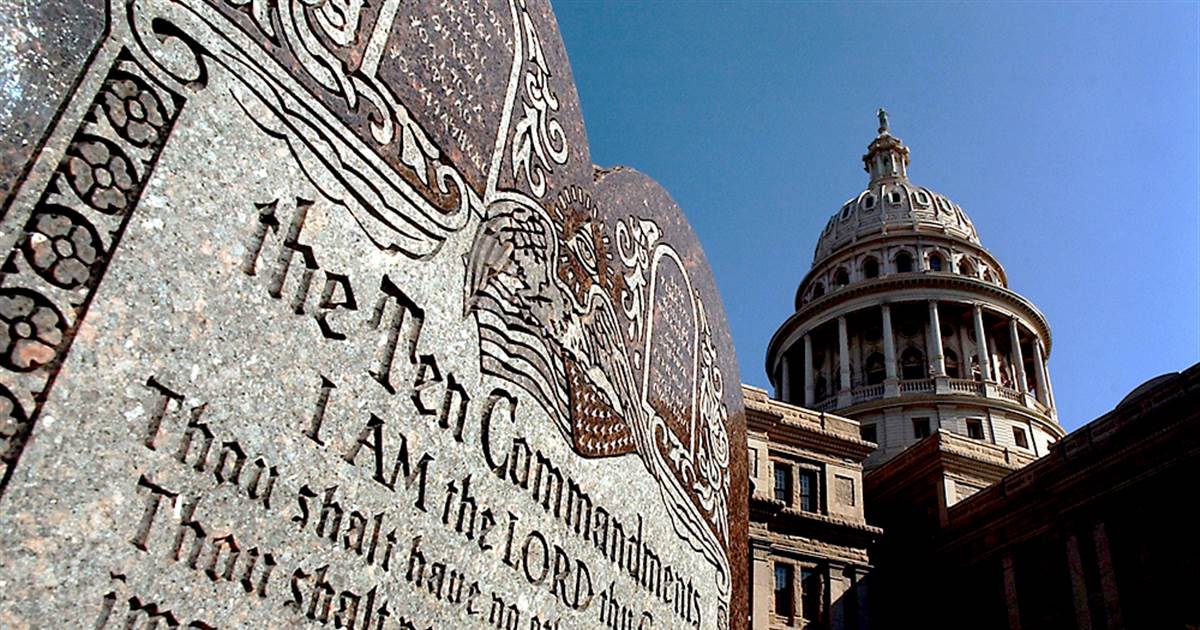
Religion and the First Amendment
Tal Fortgang
6:30–7:45 PM ET | Wednesdays | Oct. 25, Nov. 1, Nov. 8, Nov. 15, Nov. 29
Is the separation of church and state part of our law? If so, what does “separation” mean? If not, how should religious Americans bring their faith to the public square? In this course, we will examine competing views of the proper relationship between religion and American public life, from our nation’s founding until today. Through excerpts from political philosophers, Supreme Court cases, and contemporary scholars, we will try to weigh the costs and benefits of the various approaches to answering the persistent questions raised by our First Amendment’s Free Exercise and Establishment clauses.
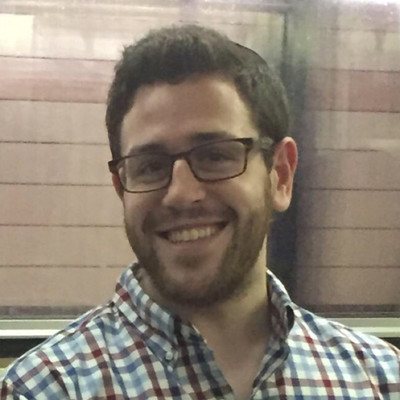
Tal Fortgang
Tal Fortgang is a student at New York University Law School and a member of the inaugural class of Tikvah Legal Fellows. Over the past academic year, Tal taught for Tikvah in the Truman Scholars Program and led a Tikvah Online Academy high school course on Jews and conservatism. Before law school, Tal was a researcher at the American Enterprise Institute in Washington, DC, where he focused on poverty, welfare, economic mobility, constitutionalism, and intellectual history. His writing on the Supreme Court, capitalism, populism, and American political history has appeared in Commentary, Law & Liberty, National Review Online, and other publications. Tal graduated from Princeton University with a degree cum laude in Politics and a Certificate in Judaic Studies, writing his thesis on the history and tenets of American conservative populism. In his spare time, he enjoys teaching Jews of all ages how to read the Torah properly and lamenting his lot as a New York sports fan.
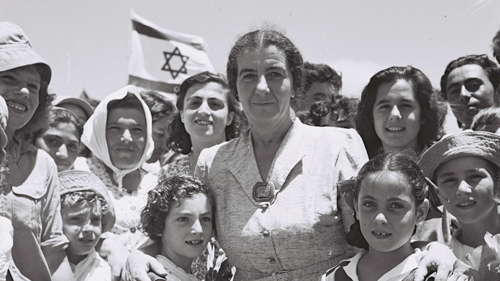
Women of Valor: Inspiring Strength and Resilience
Sarah Rindner
10:00–11:15 AM ET | Sundays | Oct. 22, Oct. 29, Nov. 5, Nov. 12, Nov. 19
In this course we will learn about the lives and contributions of three heroic women who served the Jewish people in different and outstanding ways: girls’-education pioneer Sarah Schenirer, poet and paratrooper Hannah Senesh, singer and composer Naomi Shemer and Prime Minister Golda Meir. Through reading their own writings, we will explore their historical contexts and the challenges they faced, and seek insight into their respective thought processes and passions. We will also examine the impact of their resilience and fortitude on the Jewish people and the world at large. Along the way, we will also explore the questions of what heroism looks like, and how we too might demonstrate bravery to meet the challenges of our own time.
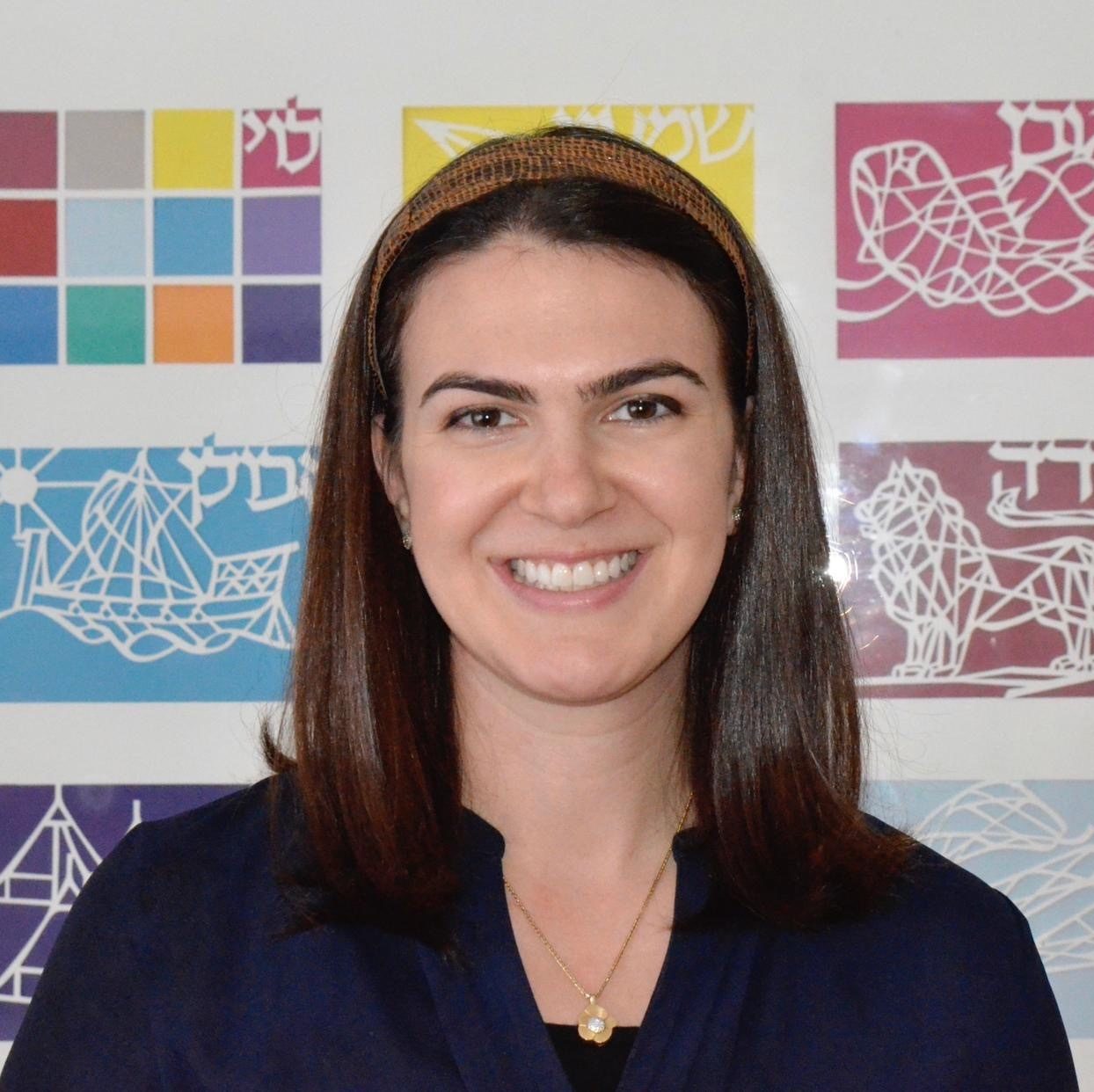
Sarah Rindner
Sarah Rindner taught English Literature at Lander College for Women prior to making aliyah with her family in 2019. She writes frequently on Jewish and literary topics and is a regular contributor to Mosaic Magazine and the Jewish Review of Books. She has degrees in English Literature from Stern College and Columbia University and studied for a year at Midreshet Lindenbaum.
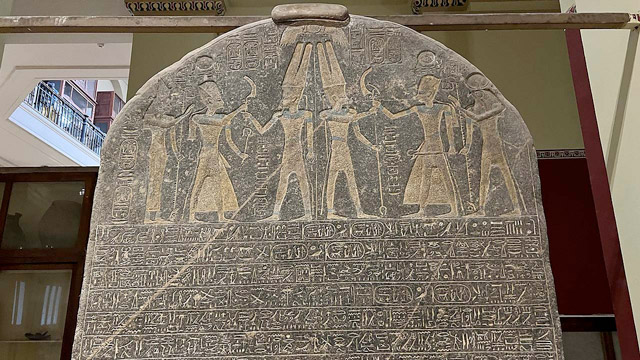
How Archeology Adds a Third Dimension to the Bible
Dr. Tuvia Book
10:00–11:15 AM ET | Sundays | Oct. 22, Oct. 29, Nov. 5, Nov. 12, Nov. 19
Since biblical archeology first became a serious scientific subject in the middle of the nineteenth century, it has been the focus of intense debate. The nineteenth century was an age of skepticism where traditional beliefs were seriously challenged and questioned. Charles Darwin was a symbol of this age. His “Origin of the Species,” questioned the biblical version of the creation of mankind.
One of the main goals of the early biblical archeologists was to prove the truth of the Bible by finding physical remains from the period in question. Their aim was to vindicate the Bible as history. This type of archeology received a boost from the rise of Zionism in Israel.
Archeology is an important tool in strengthening the bond between the Jewish people and the Land of Israel. Archaeology contributes greatly to an understanding of and an appreciation of Tanakh (Bible). Standing before archaeological finds from the period is a powerful and moving experience. Archaeological research influences and deepens our understanding of and appreciation of the Tanakh.
This course will examine the Bible with independent archeological evidence. We will add archeological, which includes contemporaneous epigraphical, evidence to emphasize and enrich our understanding of the primary biblical text. We will be examining world-famous artifacts from the field of biblical archeology which enrich our understanding of the eternal Book of Books.
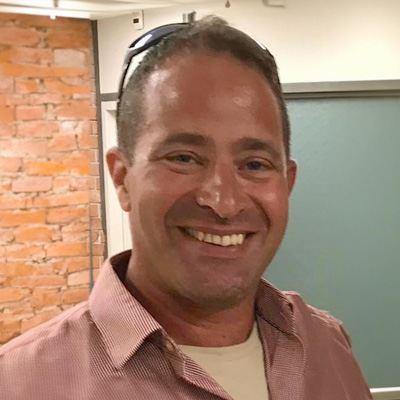
Dr. Tuvia Book
Dr. Tuvia Book was born in London and raised in both the UK and South Africa. After making Aliyah at the age of 17, he studied in Yeshiva and volunteered for the IDF, where he served in an elite combat unit. Tuvia has been working in Jewish education, both formal and informal, for many years. He is a licensed tour guide and has taught students and educators from around the world for some of Israel’s premier educational institutions and programs. He is the author (and illustrator) of the internationally acclaimed Israel education curriculum For the Sake of Zion: A Curriculum of Israel Studies, as well as Moral Dilemmas of the Modern Israeli Soldier. He has just completed his next book on the history of the Jewish people during the Second Temple period, to be published by Koren.
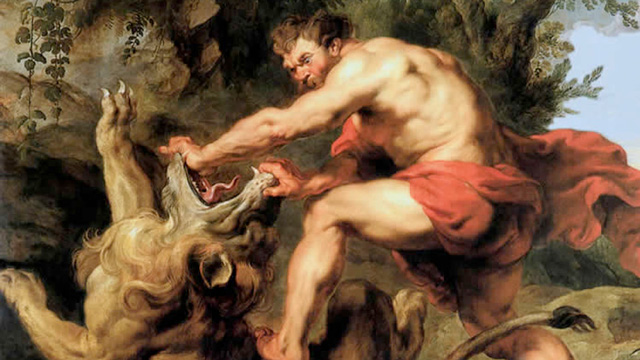
The Hebrew Bible’s Ancient Avengers
Rabbi Dr. Stu Halpern
10:00–11:15 AM ET | Sundays | Oct. 22, Oct. 29, Nov. 5, Nov. 12, Nov. 19
Long before Spider-Man, Wonder Woman, Batman, and the Guardians of the Galaxy, the Hebrew Bible’s Ancient Avengers were inspiring Americans. Ripped from the pages of Tanakh, the figures of Samson, Esther, Elijah, David, and Daniel served as spiritual sustenance to freedom fighters, politicians, and pundits striving to see the United States live up to its founding ideals. In this course we will examine how these Jewish heroes shaped the American story from its founding era to today.
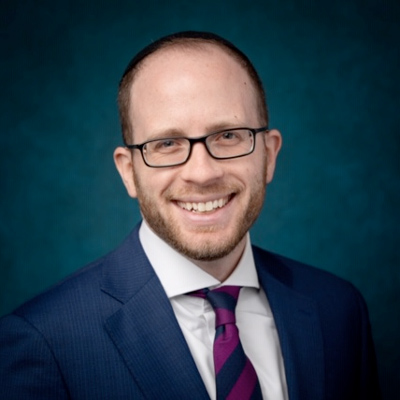
Rabbi Dr. Stu Halpern
Rabbi Dr. Stuart Halpern is senior advisor to the provost and senior program officer of the Straus Center for Torah and Western Thought at Yeshiva University. He has edited or co-edited 17 books, including most recently, Esther in America, Proclaim Liberty Throughout the Land: The Hebrew Bible in the United States, and Gleanings: Reflections on Ruth. He has taught at Yeshiva University, synagogues, Hillels, and adult educational settings across the US, Europe, and Israel, and his writing has appeared in the Wall Street Journal, Newsweek, Tablet magazine, and the Jewish Review of Books.
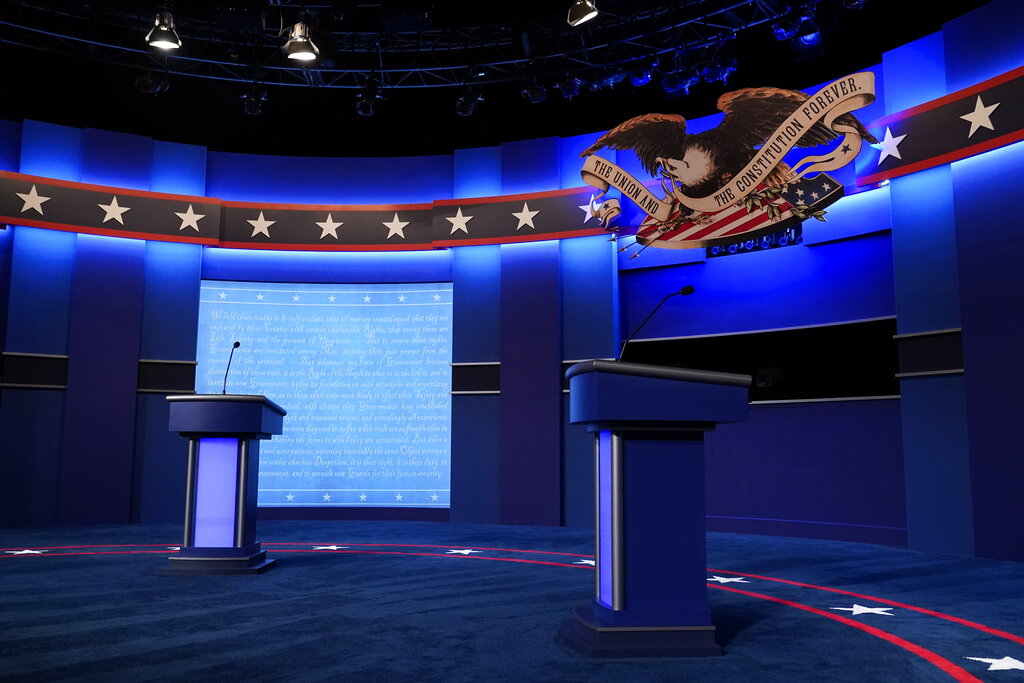
Right, Left, and Center: How to Argue Politics
Kevin Schultz
7:00–8:15 PM ET | Wednesdays | Oct. 25, Nov. 1, Nov. 8, Nov. 15, Nov. 29
Course Filled
The U.S. is perhaps more polarized than it has been since the American Civil War. There are plenty of indicators suggesting this is true—political disagreements, religious affiliations, and class identity. The polarization extends into our own personal lives as well—from conversations with your uncle at Thanksgiving, and even to your choice in music and social media platforms. This course will examine the sources of this polarization—focusing on the history of the disputes—and potential resolutions. What institutions have Americans invented to work around our disagreements so that we can all aspire toward the ideals instilled in our nation since its founding?
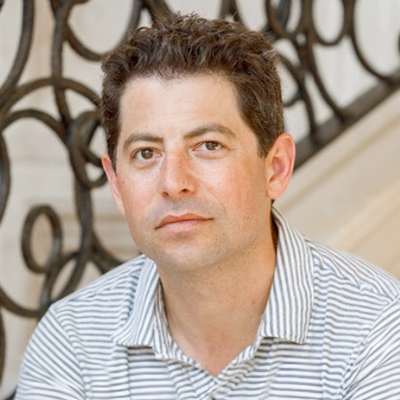
Kevin Schultz
Kevin M. Schultz is currently Chair of the Department of History at University of Illinois Chicago. An award-winning historian, Prof. Schultz has published widely and excelled as a public intellectual, academic, and teacher. His most recent book, the winner of the Robert F. Lucid Award from the Norman Mailer Society, examines the fascinatingly intertwined lives of right-wing firebrand William F. Buckley, Jr. and left-wing radical Norman Mailer as a way to better understand the 1960s. Buckley and Mailer: The Difficult Friendship That Shaped The 1960s (W.W. Norton & Co.) came out in June 2015, was an Amazon.com #1 New Release in US History, and was reviewed widely. A distinguished teacher, Prof. Schultz has won several major awards for his teaching, including the Teaching Recognition Award from the Council for Excellence in Teaching and Learning at UIC twice and the 2012-13 Shirley A. Bill Award for Excellent Teaching, an award selected by UIC History faculty, graduate students, and majors. Prof. Schultz is also the author of HIST, a popular college-level textbook of American history, now in its fifth edition (Cengage Learning, 5th ed. 2018).
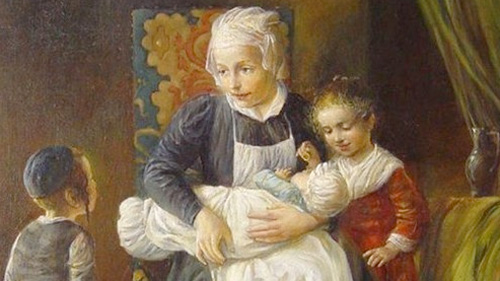
Rabbi Nachman Stories: Switched at Birth
Rabbi Gavriel Goldfeder
6:30–7:45 PM ET | Tuesdays | Oct. 24, Oct. 31, Nov. 7, Nov. 14, Nov. 21
In this course, we’ll explore the age-old question: “Are we products of our upbringing, or is there something deeper within us like our soul, destiny, or genetics that shapes who we are?” Through Rebbe Nachman’s story, “The Sons Who Were Switched,” we follow the intertwined lives of two boys, one born to a queen and the other to a servant, as they grapple with their conscience, make crucial decisions, and unearth surprising discoveries about themselves. This journey will prompt us to reflect on our own identities, why it matters, and how understanding ourselves contributes to a world in need of fixing. Join us in this thought-provoking exploration of character, destiny, and self-discovery.
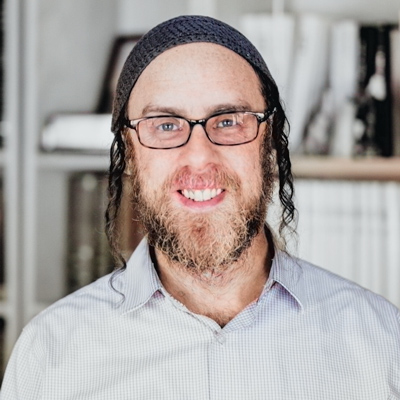
Rabbi Gavriel Goldfeder
Rabbi Gavriel Goldfeder currently teaches Jewish studies to high schoolers at Gann Academy outside of Boston. His work with teens also includes an incredible group of private students, both pre- and post-bar mitzvah. His focus on the experiences of Jewish teens and what our tradition can offer them literally keeps him up at night and is the overall focus of his career and lifestyle. Before Gann he worked at MIT Hillel, and before that he was a pulpit rabbi in Boulder, Colorado. He also runs a small independent Jewish publishing house and maintains a rigorous writing schedule.
